- Understanding Reconciliation: Healing the Past, Embracing the Future
- The Importance of Reconciliation in Real Life
- Taking Action: Embracing the Journey of Reconciliation
- Action Point: Start the Conversation
- Why Should You Care?
- Key Takeaways
- Keywords and Definitions
- Frequently Asked Questions
- Myth Buster
- Let’s Talk: Discussion Questions
Today, we embark on a transformative journey towards reconciliation—a path that holds the key to healing historical wounds and fostering a brighter, more harmonious future. In this episode, we delve into the power of reconciliation and its profound significance in bridging divides, fostering understanding, and promoting lasting peace.
Understanding Reconciliation: Healing the Past, Embracing the Future
Reconciliation is more than just a word; it’s a profound process of healing and transformation that transcends generations and binds communities together. At its core, reconciliation involves acknowledging past wrongs, seeking forgiveness, and moving forward with a renewed commitment to understanding, empathy, and unity.
Real-Life Example: Consider the Truth and Reconciliation Commission in South Africa, which played a pivotal role in healing the wounds of apartheid by providing a platform for victims and perpetrators to share their stories, seek forgiveness, and chart a path towards national healing and unity.
The Importance of Reconciliation in Real Life
In a world marked by division, conflict, and historical injustices, reconciliation offers a beacon of hope—a chance to break free from the chains of the past and build a future grounded in empathy, forgiveness, and mutual respect. By embracing the principles of reconciliation, individuals and communities can overcome deep-seated animosities, heal intergenerational wounds, and forge a path towards a more just and equitable society.
Real-Life Example: Think about ongoing efforts to reconcile Indigenous and non-Indigenous peoples in countries like Canada and Australia, where initiatives such as land acknowledgments, cultural education programs, and dialogue forums are fostering greater understanding and reconciliation.
Taking Action: Embracing the Journey of Reconciliation
Now that we’ve explored the transformative power of reconciliation, it’s time to take action in our own lives and communities. Whether it’s having difficult conversations with loved ones, advocating for reconciliation initiatives in our workplaces, or supporting organizations dedicated to healing historical wounds, each of us has a role to play in promoting understanding, empathy, and unity.
Action Point: Start the Conversation
Take a moment to reflect on how you can contribute to the journey of reconciliation in your own life and community. Reach out to someone you may have a strained relationship with, listen to their perspective with an open heart, and express your willingness to seek understanding and forgiveness. Remember, every step towards reconciliation brings us closer to a world where healing and unity prevail.
As we conclude our exploration of the transformative journey of reconciliation, let us carry with us the timeless wisdom and hope it offers. May we be inspired to confront the past with courage, compassion, and humility, and may we work tirelessly to build a future where reconciliation reigns supreme. Together, let us dare to believe in the power of healing historical wounds and embark on the path of reconciliation with unwavering resolve and determination.
Why Should You Care?
Understanding the concept of reconciliation and its significance in healing historical wounds is crucial for fostering empathy, understanding, and unity in our world. By learning about reconciliation, individuals gain insights into the power of forgiveness, empathy, and dialogue in overcoming deep-seated divides and promoting healing. Moreover, embracing the principles of reconciliation empowers individuals and communities to confront the legacies of injustice, oppression, and conflict, paving the way for a more just, equitable, and harmonious society.
Key Takeaways
- Reconciliation is a transformative process that involves acknowledging past wrongs, seeking forgiveness, and moving forward with a renewed commitment to understanding and empathy.
- The journey of reconciliation is essential for healing historical wounds, fostering unity, and promoting lasting peace in divided societies.
- Real-life examples, such as the Truth and Reconciliation Commission in South Africa, demonstrate the profound impact of reconciliation in overcoming deep-seated divisions and building a more just and equitable society.
- Each individual has a role to play in the journey of reconciliation, whether through having difficult conversations, advocating for reconciliation initiatives, or supporting organizations dedicated to healing historical wounds.
Keywords and Definitions
- Reconciliation: The process of acknowledging past wrongs, seeking forgiveness, and moving forward with a renewed commitment to understanding and empathy.
- Forgiveness: The act of letting go of resentment or anger towards someone who has wronged you, often leading to healing and reconciliation.
- Empathy: The ability to understand and share the feelings of another person, fostering compassion and connection.
- Dialogue: A process of communication and exchange of ideas between individuals or groups, aimed at fostering understanding and resolving conflicts.
- Healing: The process of recovering from emotional, psychological, or physical wounds, often involving personal growth and transformation.
- Unity: The state of being united or joined as a whole, often characterized by cooperation, harmony, and mutual respect.
- Justice: The principle of fairness and equity in society, ensuring that individuals are treated with dignity and respect, and that their rights are upheld.
- Equity: The concept of fairness and impartiality, ensuring that everyone has access to the same opportunities and resources, regardless of background or identity.
- Conflict Resolution: The process of addressing and resolving disputes or disagreements between individuals or groups, often through negotiation, mediation, or arbitration.
- Social Change: The process of transforming societal norms, attitudes, and structures to create a more just, equitable, and inclusive society.
Frequently Asked Questions
How can individuals practice reconciliation in their personal relationships?
Individuals can practice reconciliation in their personal relationships by acknowledging past hurts, listening empathetically to each other’s perspectives, and seeking forgiveness and understanding. Open and honest communication, along with a willingness to let go of resentment, are essential for fostering healing and reconciliation.
What are some challenges that may arise during the reconciliation process?
Challenges that may arise during the reconciliation process include deep-seated mistrust, unresolved trauma, and resistance to change. Additionally, power imbalances, cultural differences, and differing interpretations of history can complicate efforts towards reconciliation and healing.
How long does the reconciliation process take?
The reconciliation process is highly individualized and can vary greatly depending on the nature and extent of the conflict or harm. While some conflicts may be resolved relatively quickly, others may require years or even generations of sustained effort, dialogue, and healing to achieve meaningful reconciliation.
Can reconciliation occur without accountability for past wrongs?
Accountability is an essential component of the reconciliation process, as it provides a foundation for acknowledging and addressing past wrongs. Without accountability, reconciliation may be superficial or incomplete, lacking the necessary trust and integrity to foster genuine healing and transformation.
Myth Buster
Myth: Reconciliation means forgetting about past injustices and moving on without addressing accountability.
Reality: Reconciliation involves acknowledging past wrongs, seeking accountability, and working towards healing and understanding. It does not mean forgetting about past injustices but rather confronting them with courage and compassion to pave the way for genuine healing and transformation.
Let’s Talk: Discussion Questions
- How can we foster reconciliation in our own lives and communities, and what role do forgiveness and empathy play in this process?
- What are some examples of successful reconciliation initiatives or movements from around the world, and what lessons can we learn from them?
- How do historical narratives and interpretations impact the reconciliation process, and how can we work towards a more inclusive and equitable understanding of history?
- Share your thoughts on the importance of reconciliation in building a more just, equitable, and harmonious society, and how you can contribute to this transformative journey in your own life.
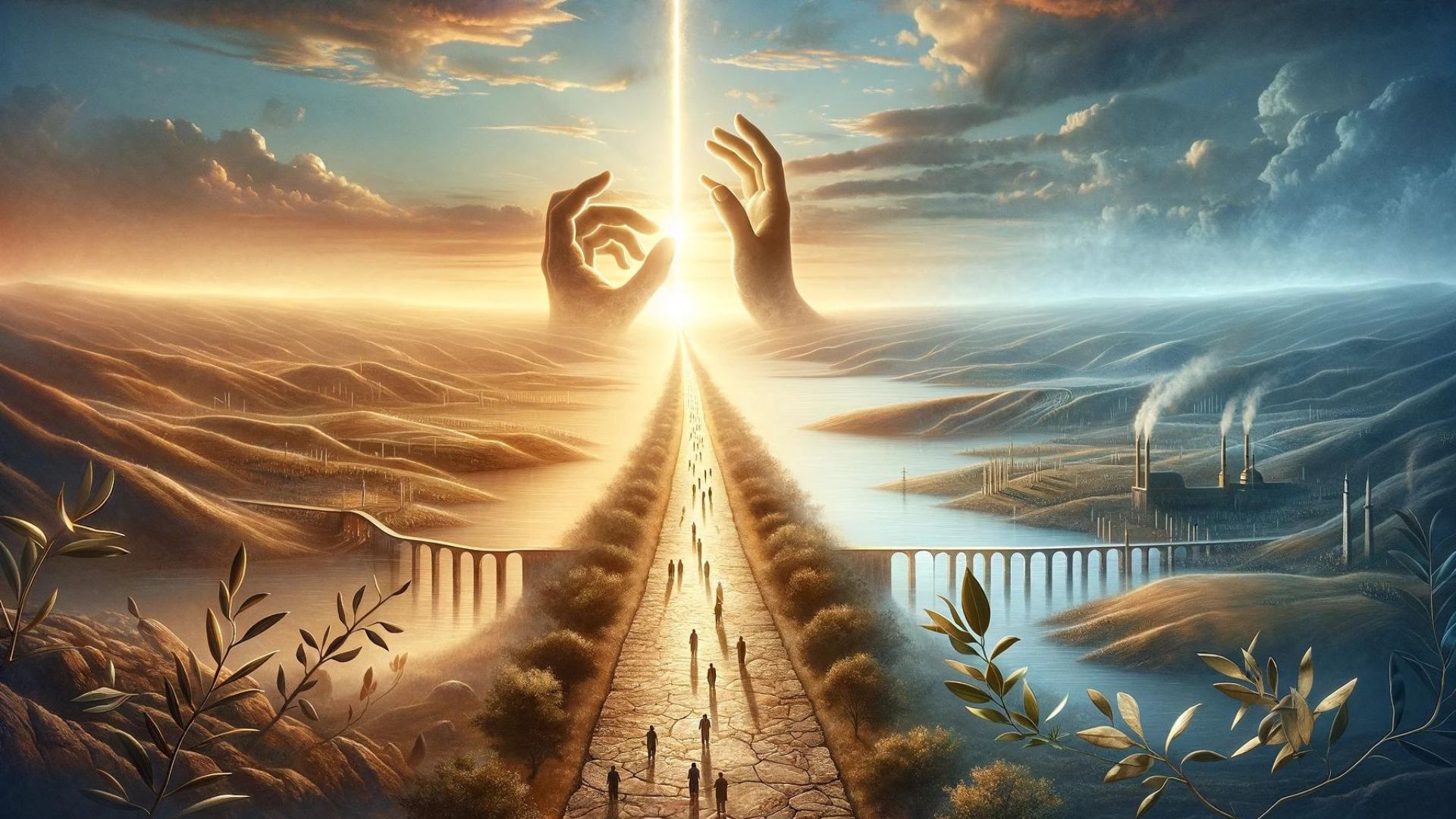


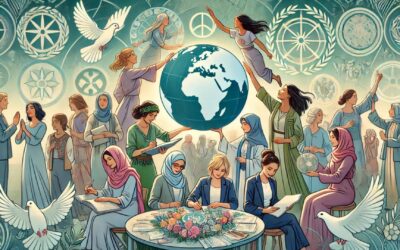
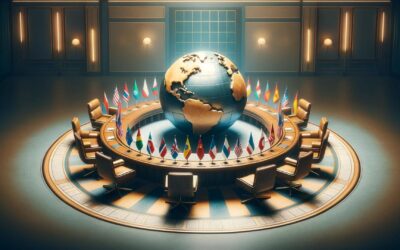

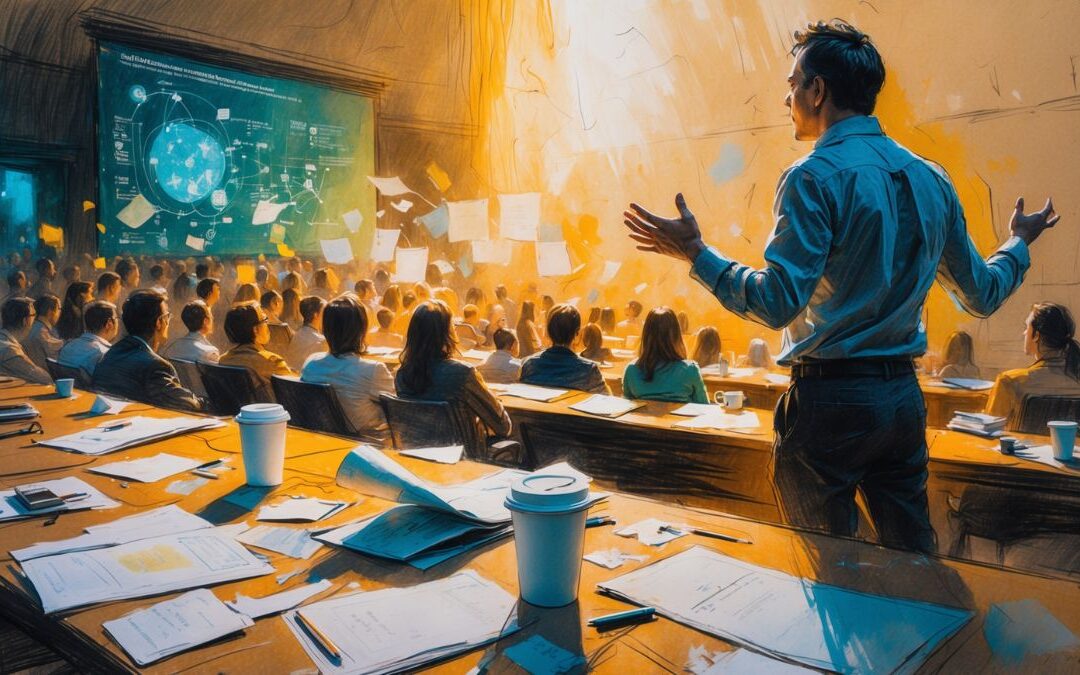

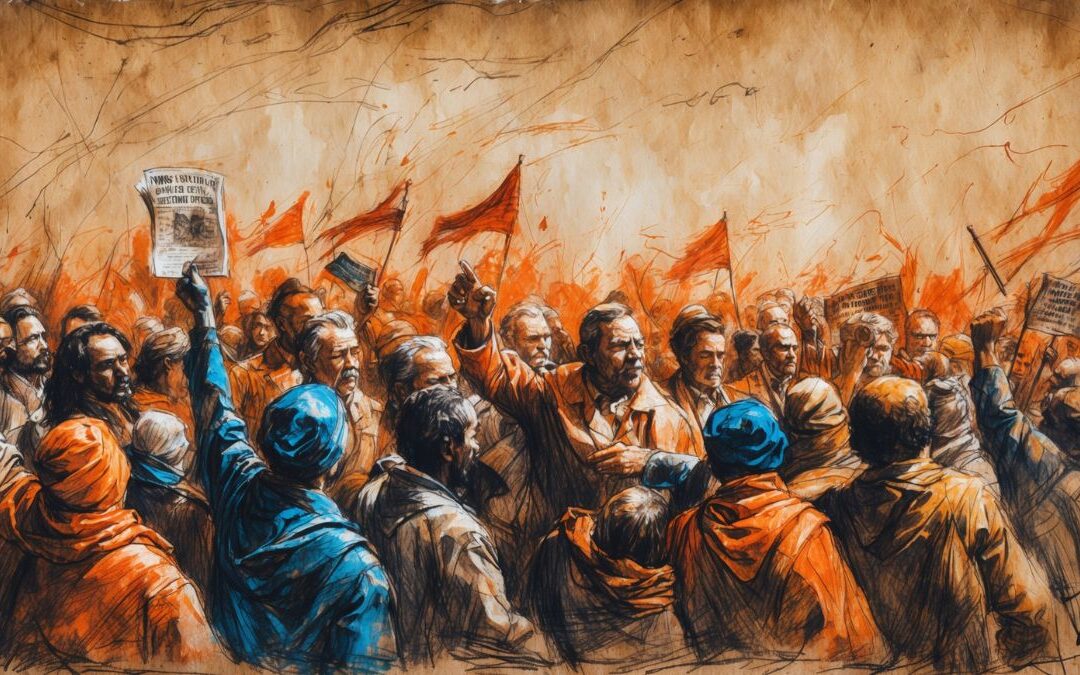

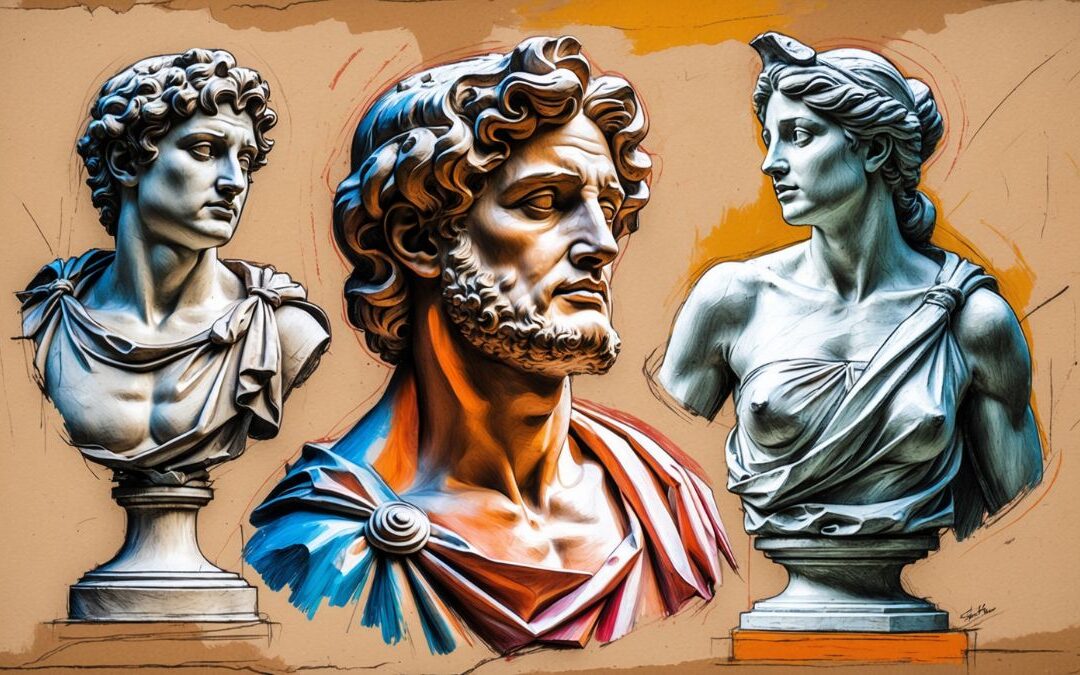
0 Comments